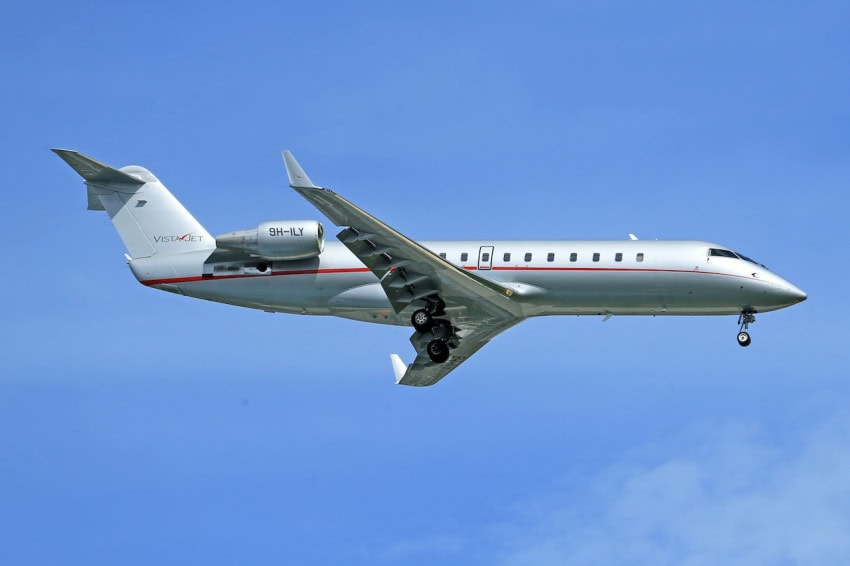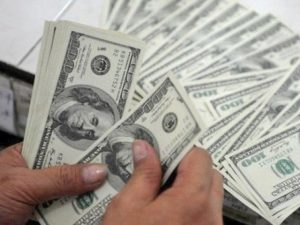MONTREAL – The International Air Transport Association (IATA) has warned that rapidly rising levels of blocked funds are a threat to airline connectivity in the affected markets.
The association stated on Sunday that the industry’s blocked funds have increased 47% to $2.27 billion in April 2023 from $1.55 billion in April 2022.
Nigeria tops the list of those who have blocked funds and Pakistan has also been mentioned in the list for holding $188.2m.
“Airlines cannot continue to offer services in markets where they are unable to repatriate the revenues arising from their commercial activities in those markets. Governments need to work with industry to resolve this situation so airlines can continue to provide the connectivity that is vital to driving economic activity and job creation,” said Willie Walsh, IATA’s Director General.
The association has also elaborated that the top five countries account for 68.0% of blocked funds and they comprise:
- Nigeria ($812.2 million)
- Bangladesh ($214.1 million)
- Algeria ($196.3 million)
- Pakistan ($188.2 million)
- Lebanon ($141.2 million)
The association has urged governments to abide by international agreements and treaty obligations to enable airlines to repatriate these funds arising from the sale of tickets, cargo space, and other activities.
It bears mentioning that due to economic crisis, countries restrict the outflow of US Dollars; as a standard mechanism, carriers sell tickets in local currency and then they need to repatriate dollars to pay for expenses such as fuel and maintenance charges and certainly a delay in the process dents their financial balance.
Back in April this year, Philip Goh, IATA’s Regional Vice President for Asia Pacific had stressed the government to repatriate the funds and solve the crisis.
The IATA official said Pakistan’s holding of foreign exchange was affecting the ability of foreign companies to repatriate their funds out of Pakistan and some airlines had funds stuck in Pakistan from sales as early as 2022.
Pakistan has been struggling to shore up its foreign exchange reserves which have fallen drastically to levels barely enough to cover the import bill for a few months. The country is trying to negotiate with International Monetary Fund (IMF); however, the negotiations have not borne fruit yet.














